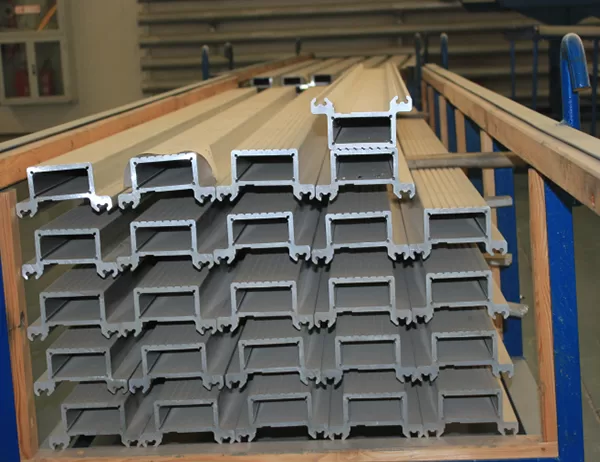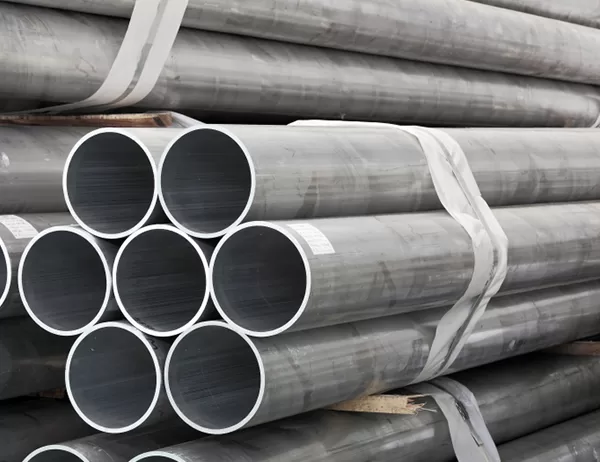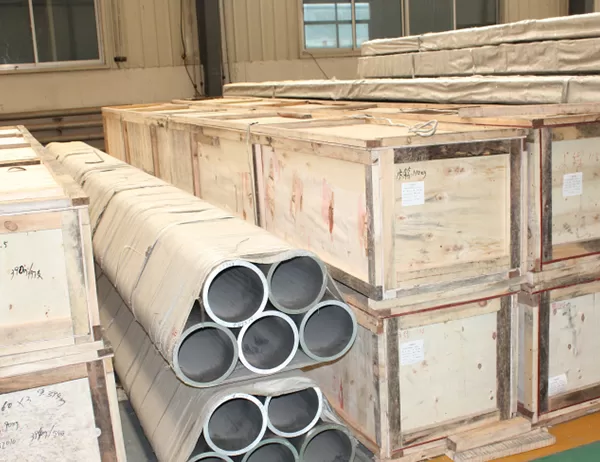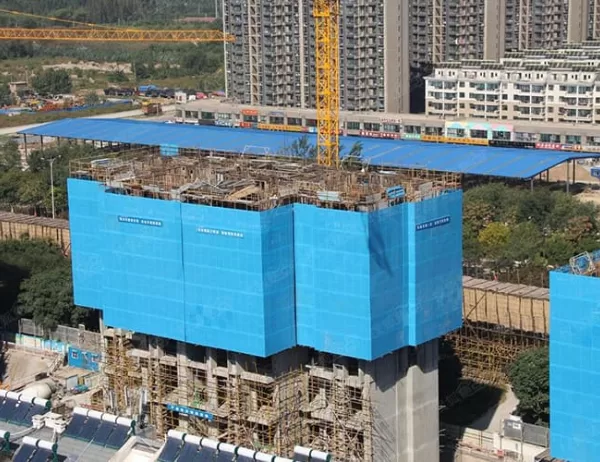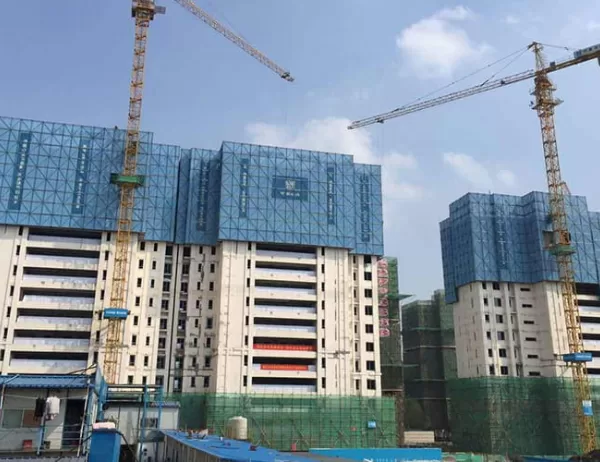Introduction
Solar panels are a critical component of renewable energy systems, converting sunlight into electricity to power homes, businesses, and communities. The aluminum frame design of solar panels plays a significant role in their overall performance, influencing factors such as durability, efficiency, and aesthetics. This article explores the impact of aluminum frame design on solar panel performance, delving into various aspects and providing insights into how it affects the functionality and reliability of solar systems.
Structural Integrity and Durability
Aluminum frames provide structural support for solar panels, protecting them from external forces and environmental conditions. The strength and quality of the aluminum frame directly impact the durability and lifespan of the panels. Thicker and more robust frames offer enhanced resistance to wind loads, snow accumulation, and hail impact, ensuring the panels can withstand harsh weather conditions and maintain their functionality over time.
Heat Dissipation and Panel Efficiency
The aluminum frame acts as a heat sink, dissipating heat generated by the solar cells. Effective heat dissipation is crucial for maintaining high panel efficiency. Well-designed aluminum frames with optimal ventilation allow air to circulate freely around the cells, preventing overheating and preserving the panel’s power output. Conversely, poorly designed frames with inadequate heat dissipation can lead to decreased efficiency and premature degradation of the solar cells.
Aesthetic Considerations
Aluminum frames contribute to the aesthetics of solar panels. They can be anodized in various colors and finishes to complement the design of buildings or seamlessly blend into the surrounding environment. Additionally, frames with clean lines and modern profiles can enhance the visual appeal of solar installations, making them more acceptable to homeowners and architects.
Installation and Maintenance
The aluminum frame design influences the ease and efficiency of solar panel installation. Lightweight and modular frames make handling and mounting the panels less labor-intensive. Additionally, frames with pre-drilled holes and integrated mounting systems streamline the installation process, reducing labor costs and ensuring proper alignment and stability.
Cost and Return on Investment
The cost of aluminum framing varies depending on the thickness, quality, and complexity of the design. Thicker and more durable frames command a higher price but provide greater longevity and protection, resulting in a better return on investment over the long term. Conversely, cheaper frames may compromise performance and durability, leading to premature replacement and reduced overall value.
The aluminum frame design of solar panels has a multifaceted impact on their performance. By providing structural integrity, dissipating heat, enhancing aesthetics, simplifying installation, and influencing cost and return on investment, the frame design plays a crucial role in ensuring the optimal functionality, reliability, and value of solar energy systems. Careful consideration of these factors is essential for maximizing the performance of solar panels and harnessing the full potential of renewable energy.
